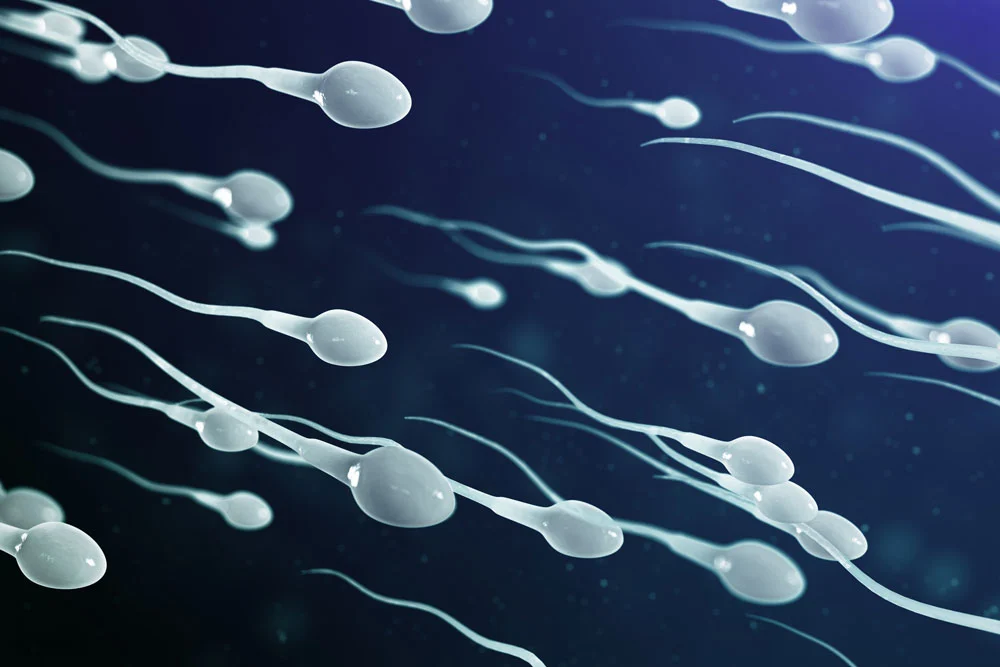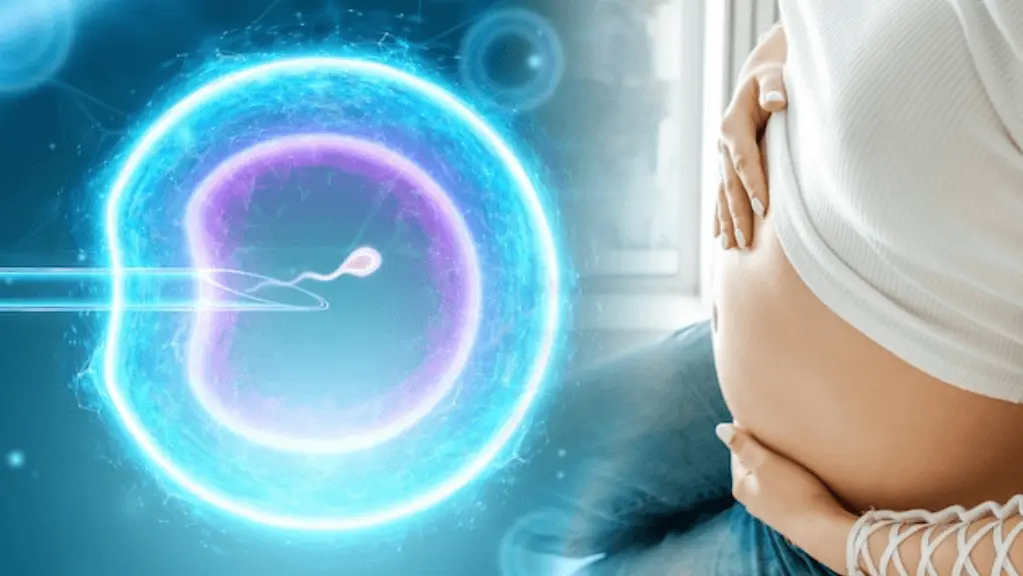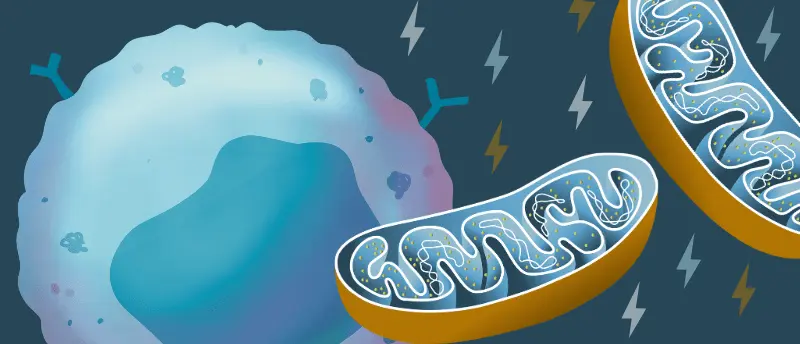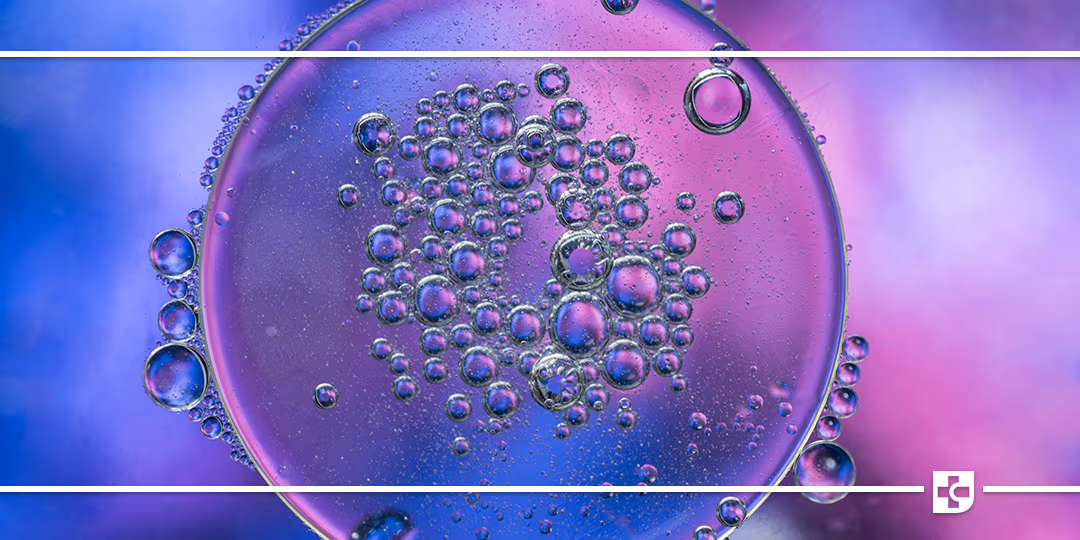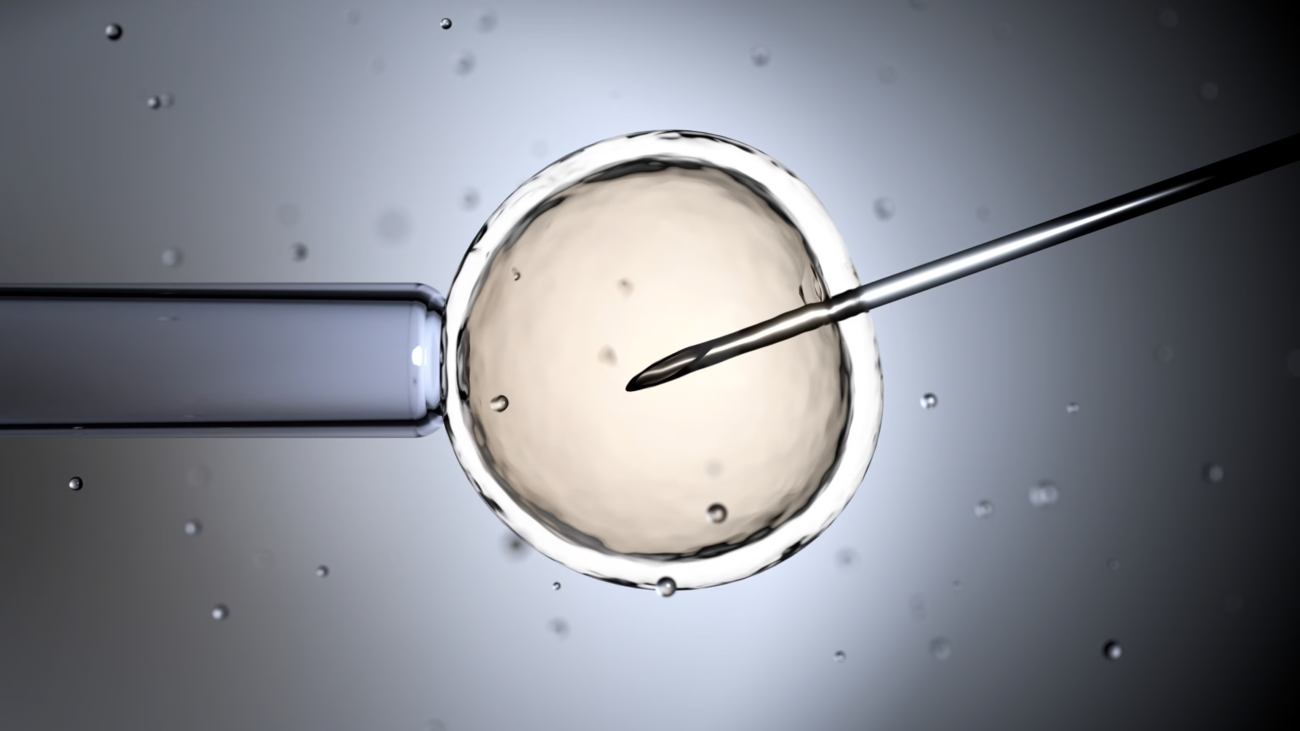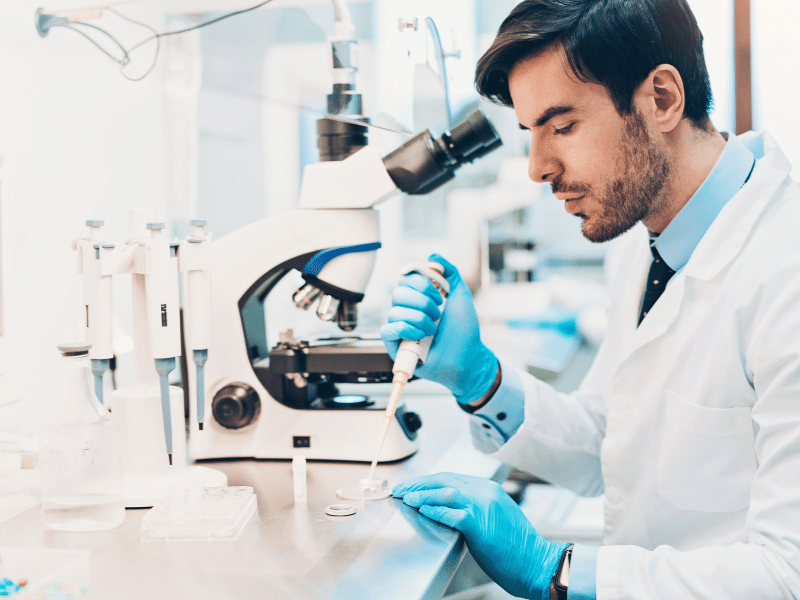Fertility is influenced by a complex interplay of factors — age, genetics, lifestyle, and yes, even what we eat. In recent years, research has increasingly pointed to the powerful role of nutrition on fertility for both men and women. From supporting hormonal balance to improving egg and sperm quality, the nutrients we consume can either enhance or hinder our chances of conception. Whether you’re planning for pregnancy or simply want to optimize your fertility for the future, understanding the connection between diet and reproductive health is a crucial first step. In this blog, we’ll explore how nutrition on fertility is shaped by key nutrients, eating habits, and dietary patterns — and how small changes at the table may lead to big changes in your journey to parenthood.
Key Nutrients and the Power of Nutrition on Fertility
Certain vitamins and minerals play a vital role in supporting fertility by regulating hormones, protecting reproductive cells from damage, and creating a healthy environment for conception. Folic acid is essential for DNA synthesis and cell division, making it a cornerstone for women trying to conceive. Zinc, often linked to male fertility, supports healthy sperm production and testosterone levels. Omega-3 fatty acids, found in foods like flaxseed and fatty fish, help regulate ovulation and reduce inflammation. Iron, especially non-heme iron from plant sources, has been associated with improved ovulatory function. Vitamin D is another critical nutrient, as deficiencies are linked to irregular menstrual cycles and lowered sperm quality. By including a wide variety of whole foods — such as leafy greens, legumes, nuts, seeds, lean proteins, and healthy fats — individuals can naturally boost their reproductive health and experience the benefits of nutrition on fertility.
Foods to Avoid: How Poor Nutrition Impacts Fertility
While nourishing your body with fertility-friendly nutrients is important, it’s equally crucial to steer clear of foods that may hinder your chances of conception. Highly processed foods, sugary snacks, and trans fats can disrupt hormonal balance and increase inflammation, negatively affecting nutrition on fertility. Excessive caffeine — typically more than 200–300 mg per day — has been linked to reduced fertility in some studies, so moderation is key. Alcohol consumption can negatively impact both egg and sperm quality, and should ideally be avoided or kept to a minimum during preconception. Additionally, high-mercury fish such as swordfish, king mackerel, and tilefish should be limited, as mercury can impair fetal development and reproductive health. Being mindful of what you exclude is just as important as what you include when optimizing nutrition on fertility.
Supplements and Their Role in Nutrition on Fertility
While a balanced diet is the foundation of reproductive health, supplements can provide valuable support — especially when certain nutrients are difficult to obtain through food alone. Prenatal vitamins containing folic acid are widely recommended for women trying to conceive, as they help prevent neural tube defects and support early fetal development. Coenzyme Q10 (CoQ10) has gained attention for its potential to improve egg quality in women and sperm motility in men by boosting cellular energy production. Vitamin D supplements can help correct deficiencies that may interfere with hormone regulation, while omega-3 fatty acid supplements support overall reproductive function and reduce inflammation. In men, zinc, selenium, and L-carnitine have shown promise in improving sperm count and quality. As part of a targeted approach to nutrition on fertility, supplements can be a powerful tool — but always consult with a healthcare provider before starting a regimen.



